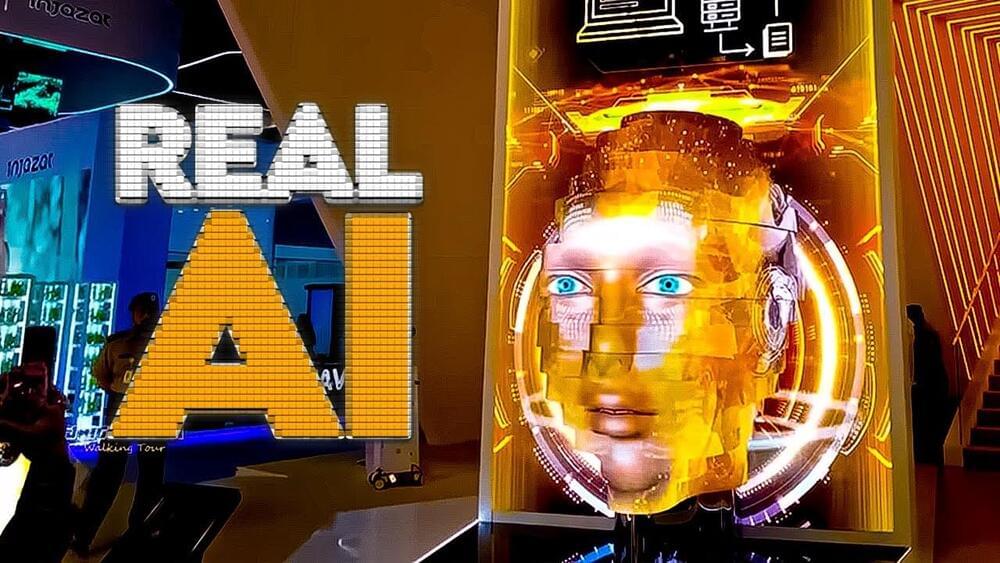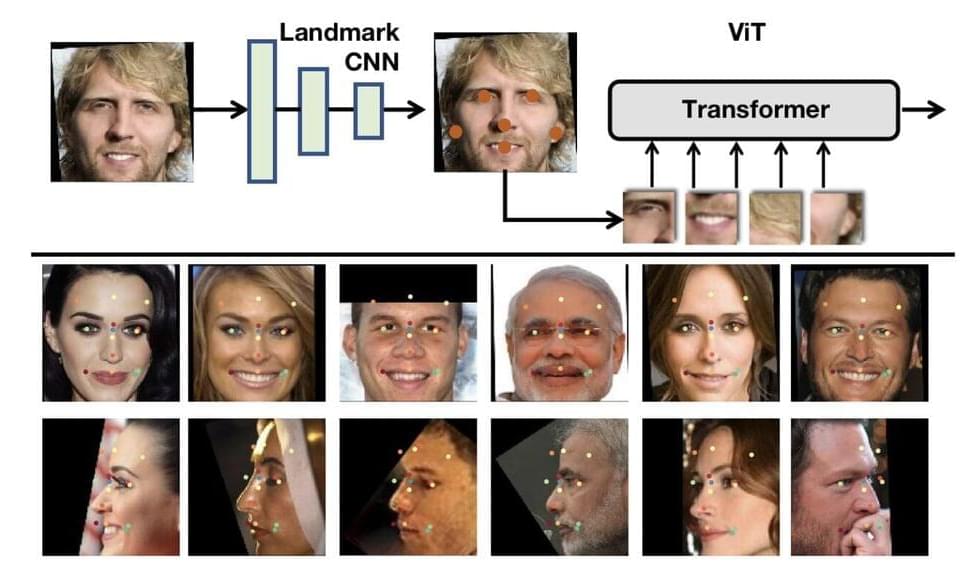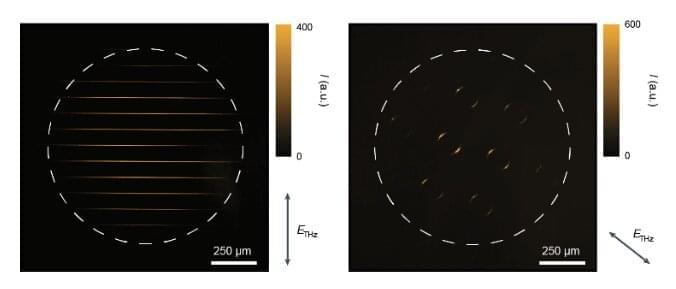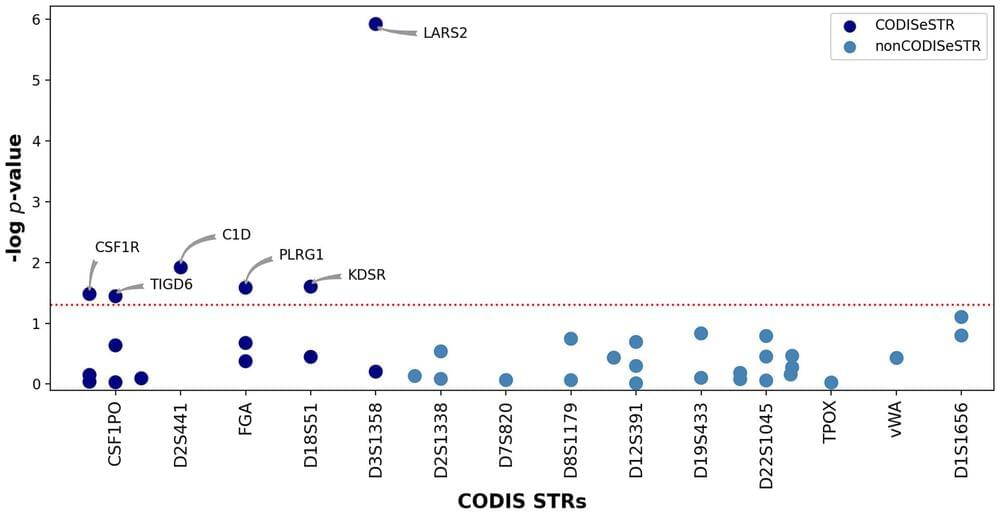Jan 26, 2023
Shape-Shifting Robot Escapes Miniature Prison Cell
Posted by Kelvin Dafiaghor in categories: biotech/medical, law enforcement, robotics/AI
A robot that can shift between solid and liquid states has been filmed escaping from a miniature jail cell with bars too close together to allow it to leave in solid form. The creators claim they were inspired by sea cucumbers’ capacity to alter their tissue stiffness – but the scene is just a little too similar to Robert Patrick liquifying his way through the mental hospital bars for us to believe them. We even see the famous reabsorption of the little bit left behind.
Hard-bodied robots are common, even if they have yet to reach the capacities of science fiction films. Their soft-bodied counterparts can get into tight spaces, but what they can do there is limited, and they are also difficult to control.
Continue reading “Shape-Shifting Robot Escapes Miniature Prison Cell” »


















